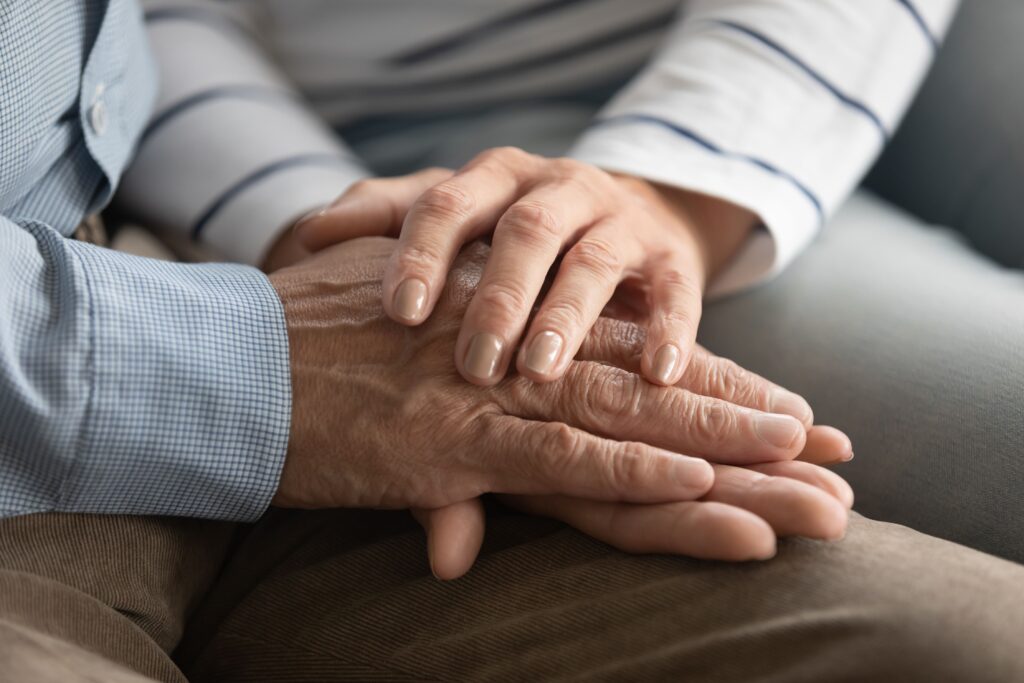Hyporexia, or loss of appetite, is a common problem among older adults and can have serious consequences on their health and well-being. Identifying and addressing this problem is crucial to improving the quality of life of older people. In this article, we'll explore what hyporexia is, its causes, and offer practical tips to help regain appetite in the elderly.
With aging, many factors can contribute to decreased appetite, from physiological changes to psychological aspects. Join us to better understand this problem and discover how we can support our elders to maintain an adequate and healthy diet.
What is hyporexia and how does it affect older people?
Hyporexia is defined as a decrease in appetite that can lead to insufficient food intake. In older people, this problem can be particularly concerning as inadequate nutrition can lead to weakness, weight loss, nutritional deficiencies, and an overall decline in quality of life.
Hyporexia in the elderly can result in problems such as dehydration, increased risk of infections, and slower recovery from illness. In addition, a lack of essential nutrients can affect bone, cardiovascular and cognitive health, increasing vulnerability to falls and other serious problems.
Causes of hyporexia in older people
Hyporexia in the elderly can be caused by a variety of factors. Understanding these causes is the first step to effectively addressing the problem.
Physiological causes
Physiological causes include natural changes associated with aging, such as a decline in taste and smell, which can make food less appealing. In addition, dental or chewing problems, chronic diseases such as diabetes or heart failure, and the side effects of certain medications can reduce appetite.
Psychological causes
Psychological factors also play an important role in hyporexia. Depression, anxiety, and loneliness are common in older age and can negatively affect appetite. In addition, grief over the loss of loved ones and a lack of interest in food due to changes in daily routine or environment can contribute to a decrease in food.
Tips for regaining appetite in an elderly person
It is essential to address hyporexia with practical strategies that can help improve the appetite of older people. Here are some tips:
- Offer small, frequent meals: Instead of three large meals, providing several small meals throughout the day can be more manageable and engaging.
- Include favorite foods: Incorporating foods that the person enjoys can stimulate interest in eating.
- Ensure a balanced diet: Include a variety of nutrient-dense foods to ensure that the person receives the necessary vitamins and minerals.
- Create a pleasant eating environment: Eating in a quiet and pleasant environment can enhance the dining experience.
- Avoid liquids before meals: Drinking large amounts of fluids before eating can reduce appetite.
- Consult with a nutritionist: A professional can offer a personalized meal plan that addresses the person's specific needs.
- Review medications: Talk to a doctor about possible side effects of medications that may be affecting appetite.
In conclusion, hyporexia in the elderly is a challenge that requires attention and action. Implementing these tips can make a significant difference in the quality of life for seniors. The advanced telecare of SICOR telecare El Corte Inglés offers continuous and personalized support to ensure the well-being of the elderly.

